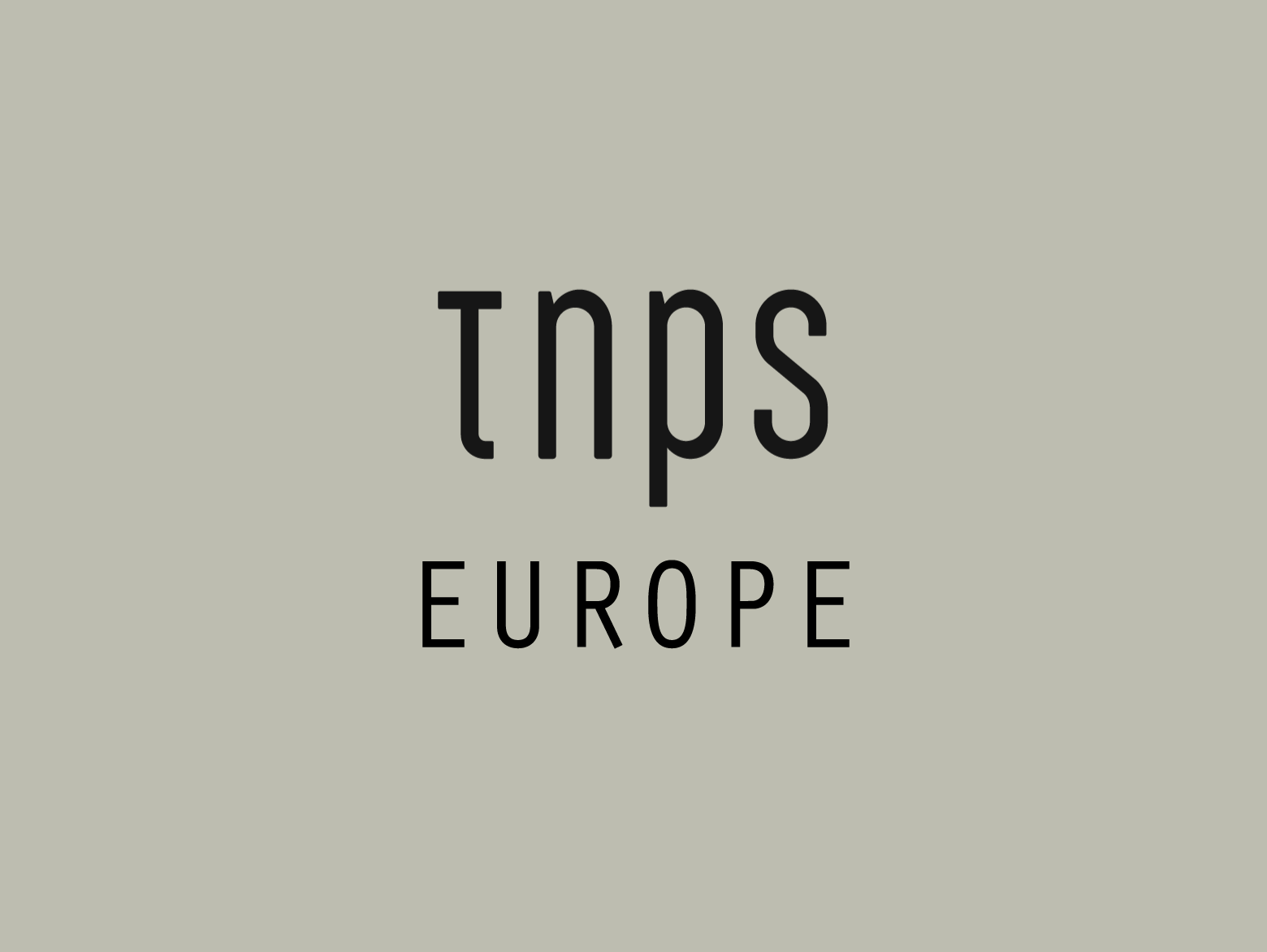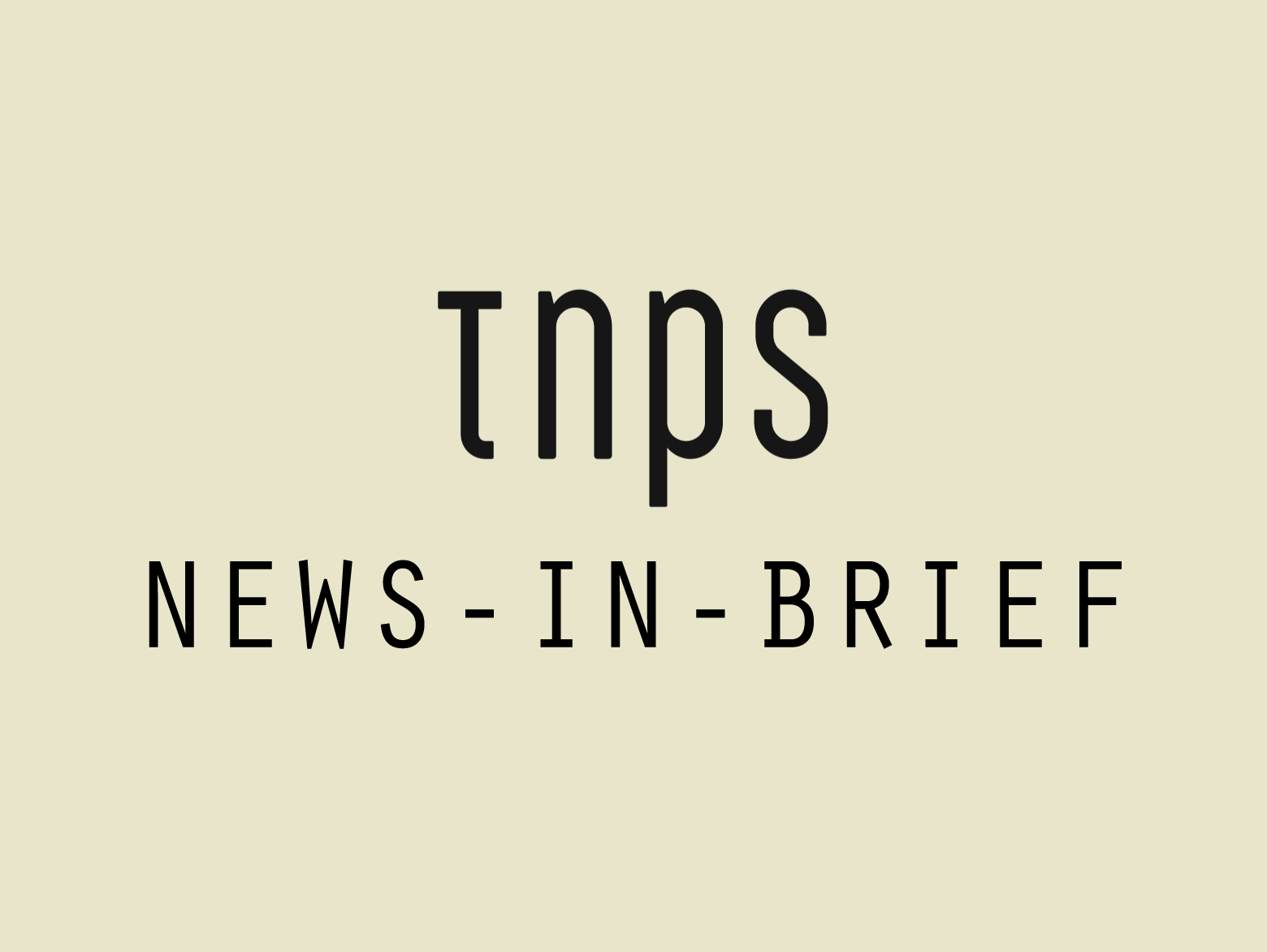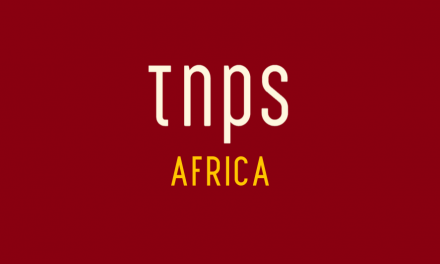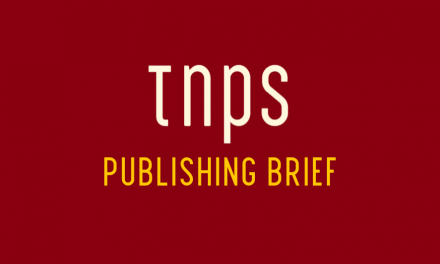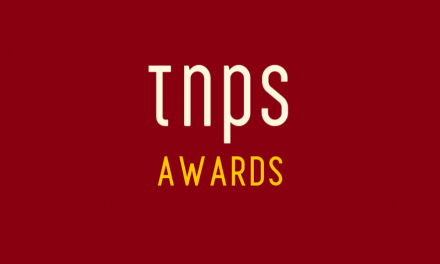The Bookseller reports today that British and international smaller publishers are finding many UK bookstores raising the barrier to getting coveted shelf-space.
Bigger chains in particular appear reluctant to risk shelf-space for debut authors with no track record, or for titles from “ethnic” authors or with “diverse” content.
London-based publisher of African writing, Cassava Republic, is finding the UK retail environment “very challenging.” Cassava’s sales and rights director Emma Shercliff said,
There is a lot of talk about needing to support publishers of diverse authors but we don’t see the follow-through from the trade in terms of ordering, and sometimes we feel that buyers think it’s easier to just ‘go with what they know’ from the major houses. When we see our titles, books that we have commissioned and originated, selling tens of thousands of copies in other markets or overseas editions, it’s hard not to feel that there is something structurally amiss with the way in which the UK trade operates.
But it’s not just ethnic and diversity titles that are causing a headache for smaller publishers.
The big retailers (for which read Waterstones, WH Smith and Amazon) are demanding ever-higher discounts and of course there are returns to factor in.
And on top of that we have the uncertainty over Brexit, with publishers not knowing where they will stand next year as regards sales across the EU.
The Bookseller quotes Saqi publisher Lynn Gaspard as saying,
We had a bit of a shock with some of the chains not supporting our lead titles in the past two years. It’s only once the book has done well elsewhere that some of the chains will take more copies. It is as though the customer has to prove that there is a demand for a particular book before the retailers commit to supporting it.
Manchester-based Comma Press, which saw its income from trade sales double year on year in the 12 months to 1st July, said the fiction market remains “massively overcrowded.”
Comma Press founder Ra Page explained,
It is more difficult than ever for small presses without significant publicity and marketing budgets to get their books into shops in large quantities. Bookshops and wholesalers are becoming more selective in what they promote or buy, meaning that initial orders have become smaller and smaller over the years.
And for print-reliant publishers the story gets worse, because paper and printing costs are rising fast.
Eloise Millar, co-director of Galley Beggar Press, said,
A book that cost us £1.92 a unit back in 2015 now frequently costs us upwards of £3.50; once you factor in discounts of 50% and more, and a r.r.p. of roughly £9.99, you start to see how impossible the figures are.
And still there’s more. The north south divide, or more accurately the London vs Rest of the UK divide is also taking its toll, with talent heading to London and teaming with the big publishers that can afford to operate there.
But independent publishers aren’t beaten yet.
Reports The Bookseller:
Saqi Books has chosen to concentrate on publishing fewer, but more “original, authentic and impactful titles”, and to focus on building audiences for its writers by organising author tours. So far, the approach seems to be working. In 2017, three out of the 11 books published by the press were chosen as books of the year (in the Sunday Times, Guardian and Scotsman), and it has put on more than 100 author events.
We try to keep costs as low as possible, relying on thinking outside the box to find spaces in the media and online for our books. Author events and festival appearances are key to building an audience and the author’s profile of course, so we invest a lot of time and energy on this. We believe that literature should be visible outside traditional ‘bookish’ spaces, and in 2017, Saqi was the cultural programming partner to the Queen of Hoxton [bar] in Shoreditch.”
Cassava Republic. The Bookseller adds, took a stall at the Africa Utopia festival, held at the Southbank in London, and sold more than £1,000 worth of books.
But the main thrust of the independent publishers is to appeal directly and sell directly to consumers using social media and dedicated shopping portals, by passing the hurdles and demands of the bigger outlets.
Saqi Books is in the process of unveiling a new website, where readers will be able to order both print and e-books directly, while Salt Books, which has around 200,000 social media followers, has doubled customer visits to its website in the past year. Comma Press’ direct-to-consumer web sales are also steadily increasing.
Rik Ubhi, marketing and publicity director at ZED Books, paraphrased by The Bookseller, said,
…it is a time of great opportunity for independent publishers who are interested in exploring big ideas, with themes and subjects that might have been considered niche or controversial in the past, now finding larger, more mainstream audiences.
The Bookseller ended its post on an optimistic note, and at risk of pushing the boundaries of quotes from the OP I leave you with this summary from the Bookseller today:
All in all, despite a challenging market, independent publishers feel that there are opportunities to better engage with readers and to provide them with thoughtful, original titles with high production values. (Sarah) Davis-Goff of Irish publisher Tramp Press) said: “It’s really hard not to feel optimistic just now: we feel really well placed to build on the successes we’ve created over the past few years and to get more books to readers. It’s a really exciting time.”
Read the full report at The Bookseller.

